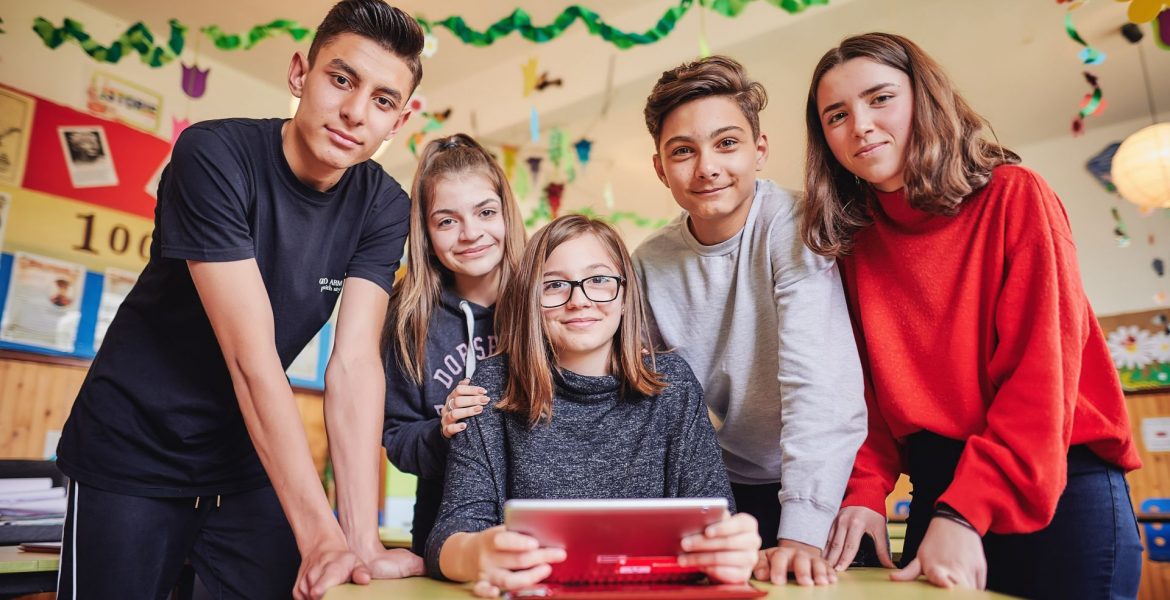Vodafone has announced an investment of €20 million by the Vodafone Foundation to expand Foundation digital skills and education programmes by funding local initiatives in Albania, Czech Republic, Germany, Greece, Hungary, Ireland, Italy, Luxembourg, Netherlands, Portugal, Romania, Spain, Turkey, and the UK. This investment is expected to reach 16 million learners by 2025.
The programmes delivered in partnership with charities and NGOs, will enable people to develop their knowledge and skills using digital technologies with the goal to reach millions of primary and secondary learners, who are not in education, employment or training, and the elderly. They timed the announcement to coincide with the international day of education.
Nick Read, CEO Vodafone Group said: “Vodafone is proud to support the critical development of digital skills and education in the communities we serve through our expertise in connectivity and technology. We remain committed, in an ever increasingly digital world, to building inclusive digital societies where nobody is left behind, which matters now more than ever as society aims to build back better following the impact of COVID-19.”
The €20 million investment will be spread over the next five years. This is in addition to the estimated €150 million of in-kind donations from Vodafone Group to a range of COVID-19-related initiatives, and a €10 million investment from Vodafone Foundation in the emergency phase of the COVID-19 response in 2020.
Nick Land, Chairman, Vodafone Group Foundation said: “As Vodafone Foundation marks its thirty-year anniversary connecting over one million learners to a quality education across Europe and Africa, we are pleased to support programmes such as these which can have such a great impact on the future of so many people.”
Early skills for primary and secondary children
Vodafone Foundation is working to close the digital skills gap by investing in programmes for primary and secondary learners which combine face-to-face training and digital platforms to upskill students and teachers. For example:
- DigiCraft (Spain): a project-based digital skills learning platform for primary students that supported 93,000 unique users between March and July 2020, following COVID-related school closures.
- Generation Next (Greece, Albania): combines STEM workshops and digital learning materials to help improve digital skills for over 61,000 teenagers to date. The ambition is to reach one million learners through the platform by 2025.
- Coding for Tomorrow (Germany): teaches children and teens from grades one to 10, and their teachers, about how to use digital technologies in an independent, critical and creative way. Through project days, workshops and training courses for teachers, Coding for Tomorrow has reached 119,500 students and teachers to date.




